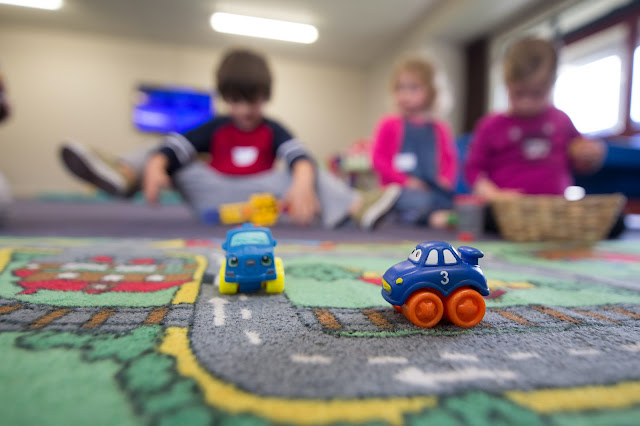AD - This is a PR collaboration
Creativity is believed to improve the brain’s cognitive abilities, hence why those from a musical background tend to perform better at school. It’s also found to have profound effects on both mood and anger management as drawing helps children to feel happier and calmer. We have teamed up with an independent school in Middlesex to share a few methods that you can use to boost your child’s creativity.
Ask “What If” Questions
To boost your child’s creativity, stretch their thinking by asking “what if” questions to encourage them to formulate their own answers and ideas. What if questions help children with forward thinking by helping them to improve on their planning and decision making.
Spend Time Outdoors
Time outdoors is great for mental health, and it can enhance creativity too as it can improve curiosity and flexible thinking.
Encourage Creative Play
Unstructured creative play allows children to explore their thoughts and ideas in a fun, engaging and non-restrictive way. At the same time, children are able to explore their passions and interests to learn more about themselves.
Read Together
Through books, your child can learn more about the world around them and as plots twist and turn your child will also be able to build on their problem-solving skills - skills that go hand in hand with creative thinking.
Look At the Brighter Side of Things
Failure can stifle and hinder growth while focusing on the positives can encourage your child to try again and explore their creativity. This can teach them how to take positive learnings from any situation in life and make their ideas bigger and better.
Exploring Creative Risks
In order to create innovative concepts and ideas, risk-taking is needed, and encouraging your child to take reasonable risks from a young age can help them to do this.



